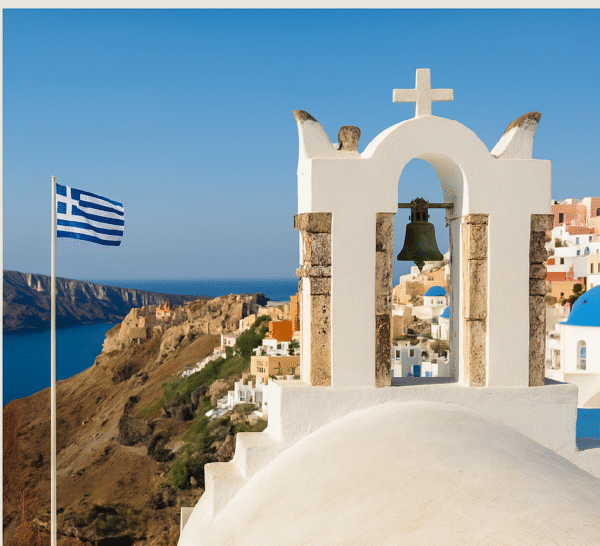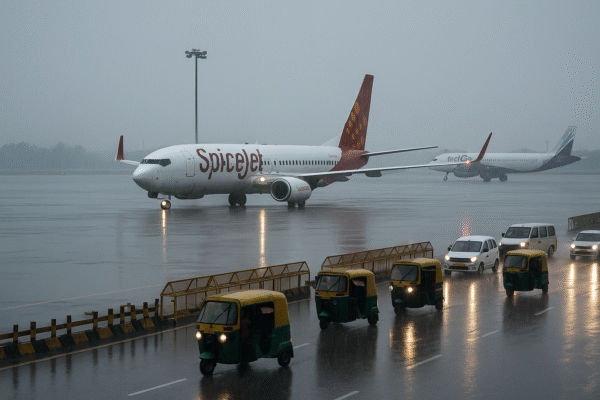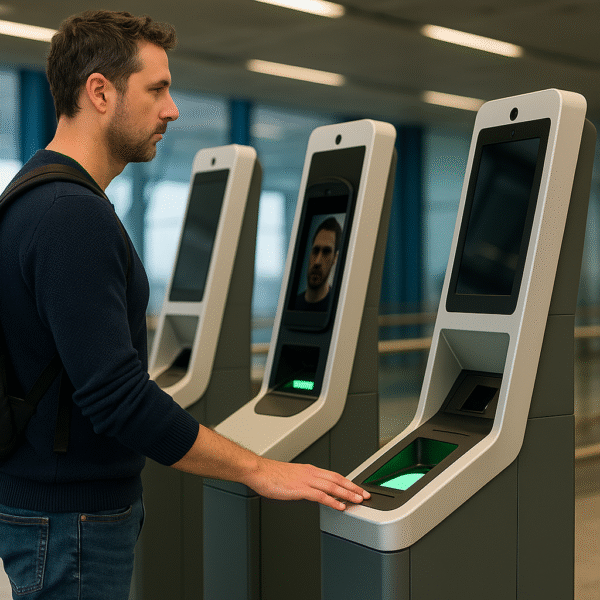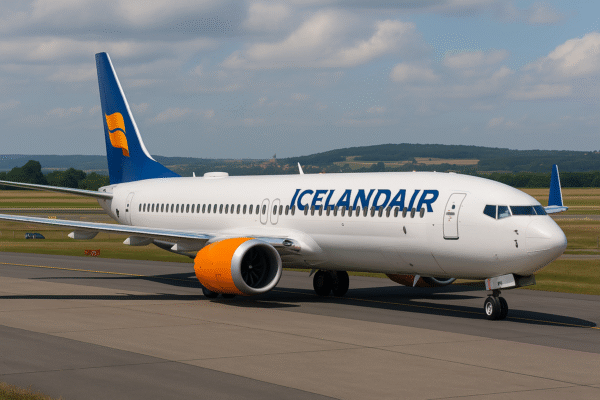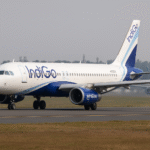Icelandair has announced the launch of its latest international route, offering direct flights from Reykjavík to Istanbul, creating a new travel bridge between Iceland, Turkey, and beyond. The inaugural flight took off yesterday, marking the beginning of a service that will initially operate two to three times per week. With a flight time of just over five hours, the route offers passengers a quicker and more convenient option compared to previous connections that required lengthy layovers in other European hubs.
This addition highlights Icelandair’s ongoing strategy to expand its global reach, enhancing Iceland’s connectivity with key destinations in Europe, Asia, and the Middle East. For travelers, this new route is not only a time saver but also a significant step in strengthening cultural, business, and tourism ties across multiple regions.
Strategic Importance of the Reykjavík–Istanbul Connection
The decision to add Istanbul as a destination reflects both economic foresight and cultural vision. Istanbul is a natural intersection of East and West, making it one of the most strategic cities in global air travel. By linking Reykjavík directly to Istanbul, Icelandair places Iceland at the heart of expanded travel opportunities.
For passengers, this means faster access to destinations in the Middle East, Central Asia, and Eastern Europe, thanks to onward connections via Istanbul. Similarly, travelers from these regions will find it easier to reach Iceland, opening the country to new tourism markets that previously required additional transfers.
This development also underscores Icelandair’s commitment to post-pandemic growth strategies, ensuring Iceland remains competitive as an international travel hub. The direct link creates an economic stimulus not only for the airline but also for related industries including hotels, tour operators, and cultural organizations.
Partnership with Turkish Airlines Enhances Reach
The Reykjavík–Istanbul flights are supported by a codeshare agreement with Turkish Airlines, one of the world’s largest carriers. This cooperation allows Icelandair passengers seamless access to an extensive network that spans Asia, the Middle East, and Africa.
For travelers from Iceland, this opens new gateways to cities such as Dubai, Tokyo, Delhi, and Riyadh without the inconvenience of multiple layovers. For visitors from these regions, Iceland is now within easier reach, making the island nation more attractive as both a tourism and business destination.
The partnership also benefits cargo transport, offering quicker and more efficient shipping options that strengthen trade relations between Iceland and Turkey while extending into surrounding regions.
Istanbul: A Cultural and Historic Treasure
Istanbul is more than just a transit point—it is one of the world’s most iconic cultural destinations. Situated on both sides of the Bosphorus Strait, the city bridges Europe and Asia, symbolizing centuries of trade, culture, and history.
Travelers arriving from Iceland can explore a wide range of attractions, including the Hagia Sophia, Blue Mosque, and Topkapi Palace. The city’s Grand Bazaar, dating back to the 15th century, remains one of the oldest and largest covered markets in the world. Beyond history, Istanbul also offers a thriving modern lifestyle, with vibrant neighborhoods, contemporary art scenes, and world-class cuisine.
For Icelandic tourists, Istanbul provides a gateway to an immersive cultural experience, while Turkish travelers gain easier access to Iceland’s breathtaking landscapes, including glaciers, waterfalls, geothermal spas, and the famous Northern Lights.
Boost to Tourism and Economic Growth
The new direct flights are expected to significantly increase tourism between Iceland and Turkey. Iceland has seen growing interest from Middle Eastern and Asian travelers in recent years, drawn to its natural wonders and unique culture. Direct connections are set to accelerate this trend, making travel more convenient and affordable.
At the same time, Icelandic travelers will find Istanbul an appealing destination for both short city breaks and longer cultural explorations. The route is also anticipated to stimulate business travel, facilitating partnerships in industries such as renewable energy, technology, and trade.
The benefits extend beyond tourism and commerce. Enhanced connectivity fosters deeper cultural exchange, strengthening bilateral relations between Iceland and Turkey. For both nations, the route represents an opportunity to diversify markets, encourage mutual understanding, and stimulate growth in service industries.
Strengthening Iceland’s Global Position
With this expansion, Icelandair solidifies its reputation as a carrier that connects Northern Europe with the wider world. The Reykjavík hub, already a convenient stopover for transatlantic flights, is now positioned as an even stronger bridge between East and West.
The Reykjavík–Istanbul route demonstrates how airlines can adapt in a competitive global market by creating strategic links that go beyond tourism. By providing passengers with faster, more efficient routes, Icelandair ensures Iceland remains an integral part of global air travel networks.
Looking forward, Icelandair has signaled its intent to continue developing international routes that serve both economic and cultural interests. The new Istanbul connection is a step in that direction, showing the airline’s dedication to growth and innovation in the aviation industry.
Conclusion
The launch of Icelandair’s direct flights between Reykjavík and Istanbul marks a milestone in strengthening international travel links. Beyond convenience, the route symbolizes a commitment to cultural exchange, economic growth, and strategic partnerships.
As tourism continues to rebound globally, this connection is set to play a pivotal role in shaping future travel patterns between Iceland, Turkey, and broader regions of Europe, Asia, and the Middle East. For both leisure and business travelers, the Reykjavík–Istanbul route offers a faster, richer, and more connected travel experience.
For more travel news like this, keep reading Global Travel Wire





